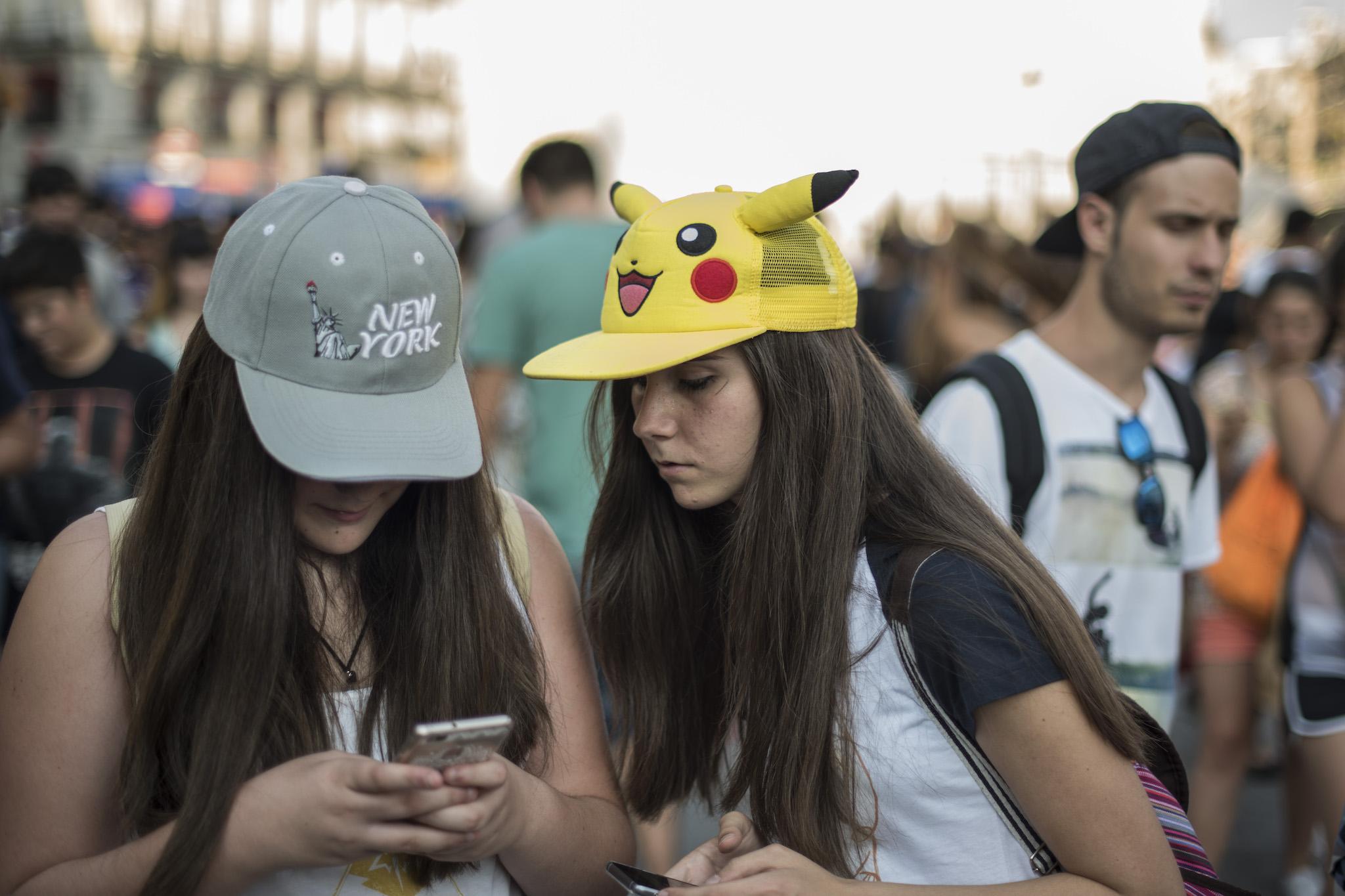Pokemon Go launches in Brazil ahead of Rio 2016 Olympics
The games have a lot in common: both took a long time to arrive in Brazil, and people are worried whether infrastructure can support the huge amount of hype

Your support helps us to tell the story
From reproductive rights to climate change to Big Tech, The Independent is on the ground when the story is developing. Whether it's investigating the financials of Elon Musk's pro-Trump PAC or producing our latest documentary, 'The A Word', which shines a light on the American women fighting for reproductive rights, we know how important it is to parse out the facts from the messaging.
At such a critical moment in US history, we need reporters on the ground. Your donation allows us to keep sending journalists to speak to both sides of the story.
The Independent is trusted by Americans across the entire political spectrum. And unlike many other quality news outlets, we choose not to lock Americans out of our reporting and analysis with paywalls. We believe quality journalism should be available to everyone, paid for by those who can afford it.
Your support makes all the difference.Olympians are now able to compete not just for gold, silver and bronze but also for Pokemon Go medals.
The game has continued its international roll-out, arriving for the first time in Latin America as it lands in Brazil this week.
And the arrival is just in time for the Rio 2016 games, arriving just after the sport started and a day ahead of the opening ceremony.
So far, the game has arrived in about 30 countries. Its roll-out to the rest is still being staggered, after server problems caused by the huge demand meant that the company behind the game, Niantic, is taking its time to roll out the game across the world.
Many Olympians had been disappointed by the fact that they couldn’t play in Brazil, where they will be living in the next few weeks, the Associated Press reported.
People who downloaded the game in their home country can still play it. That was how a Japanese gymnast was able to rack up a huge $5,000 bill while playing in Rio, despite the fact that it hadn’t yet been released then.
And even people in countries where the game hasn’t yet been released could still get around those restrictions by tricking their app store into believing that they were in the right country. That means that many people have been playing in Brazil despite the fact that it only just arrived.
Join our commenting forum
Join thought-provoking conversations, follow other Independent readers and see their replies
Comments